Smoky, Sweet, and Spicy: A Barbecue Lover’s Guide to the Best Spices
Table of Contents
Introduction to Barbecue and Spices
Barbecue is more than just cooking—it's an art form, a social event, and a flavor explosion. Whether you're grilling on a backyard pit or using a high-tech smoker, the right spices can make all the difference between a good meal and a legendary one. From smoky paprika to zesty cayenne, the world of barbecue spices is as diverse as the people who love it.
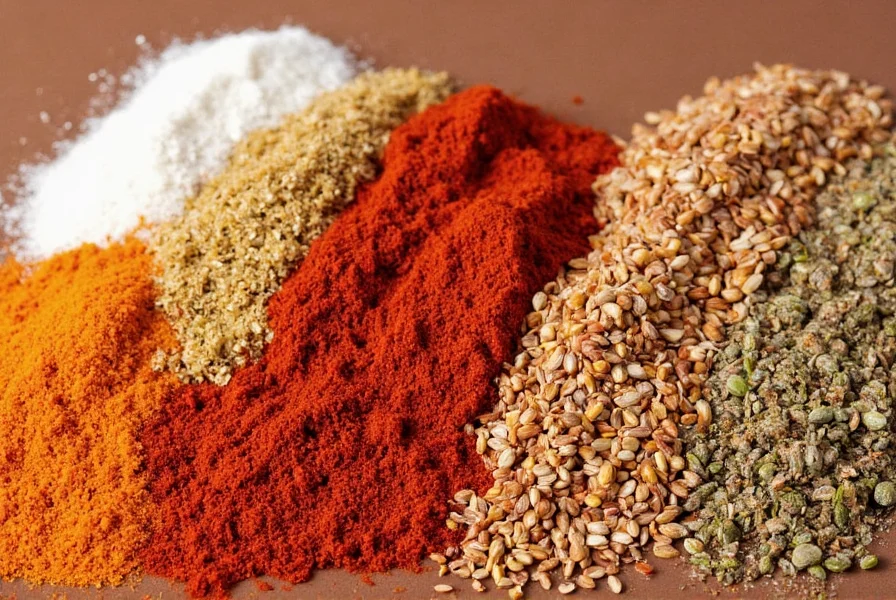
Essential Spice Basics for Barbecue
Before diving into the nitty-gritty of spice blends, it's important to understand the basics. Here are some key spices that every barbecue enthusiast should know:
- Paprika: Adds color and a mild, sweet heat.
- Cumin: Offers a warm, earthy flavor often used in Mexican and Southwestern barbecue.
- Garlic Powder: Enhances depth and richness in any rub or sauce.
- Onion Powder: Complements garlic and adds a savory undertone.
- Cayenne Pepper: Provides a spicy kick for those who like their barbecue hot.
- Smoked Paprika: Infuses dishes with a deep, smoky flavor perfect for grilled meats.
- Black Pepper: A must-have for seasoning and finishing touches.
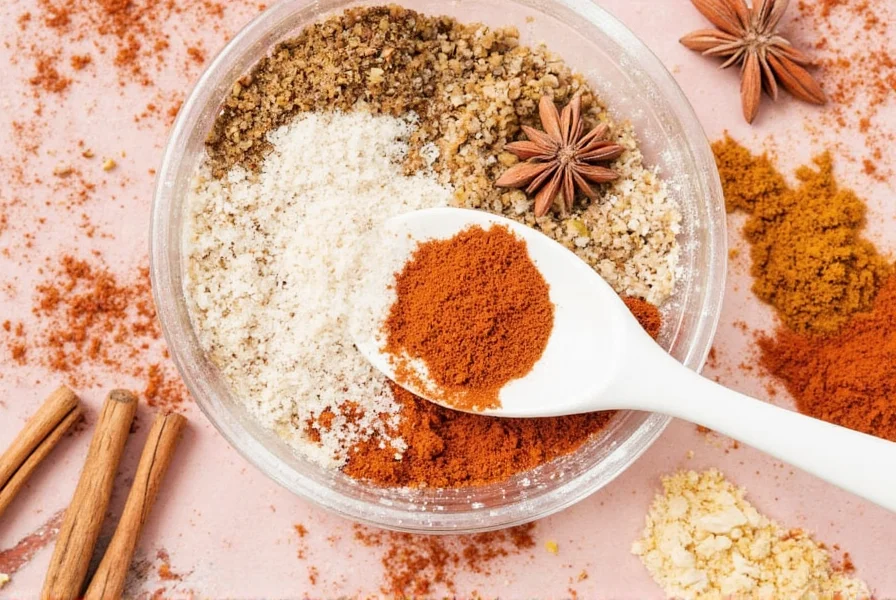
How to Use These Spices
Understanding how to use these spices effectively is key to mastering barbecue. A simple rub made from paprika, cumin, garlic powder, and black pepper can transform a plain cut of meat into something unforgettable. For a sweeter profile, add brown sugar or honey to balance out the heat.
Remember, the goal is to enhance, not overpower. Start with small amounts and adjust to taste. Experimentation is part of the fun!
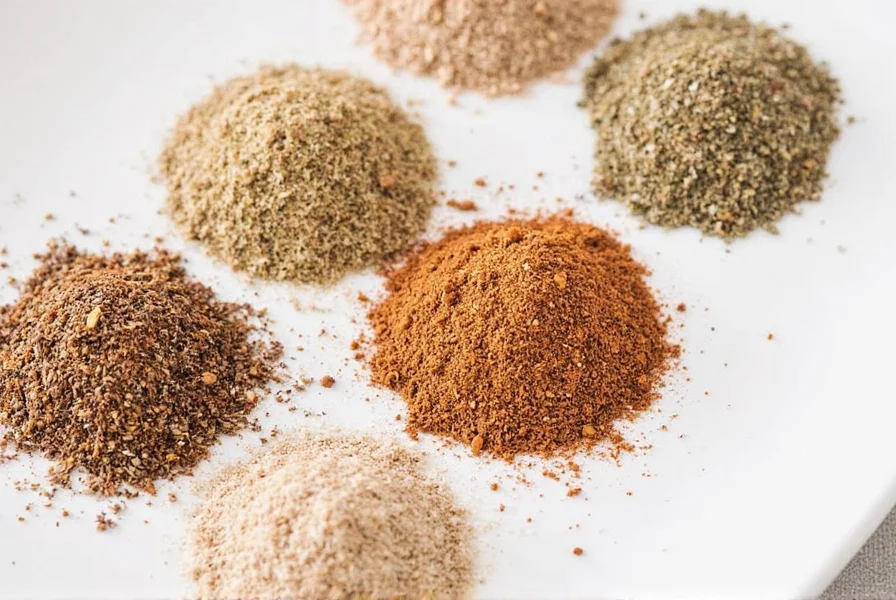
Practical Tips for Using Spices in Barbecue
Whether you're a seasoned pro or just starting out, these tips will help you get the most out of your spices:
- Season Early: Apply your spice rub at least an hour before grilling to allow the flavors to penetrate the meat.
- Use a Dry Rub: Dry rubs work best for smoking or grilling, giving the meat a crispy exterior while keeping it juicy inside.
- Don’t Overdo It: Too much spice can mask the natural flavor of the meat. Aim for balance.
- Pair Wisely: Certain spices pair well together—like smoked paprika with garlic and cumin, or cayenne with chili powder for extra heat.
- Make Your Own Blends: Customizing your spice mix allows for personalization and better control over flavor.
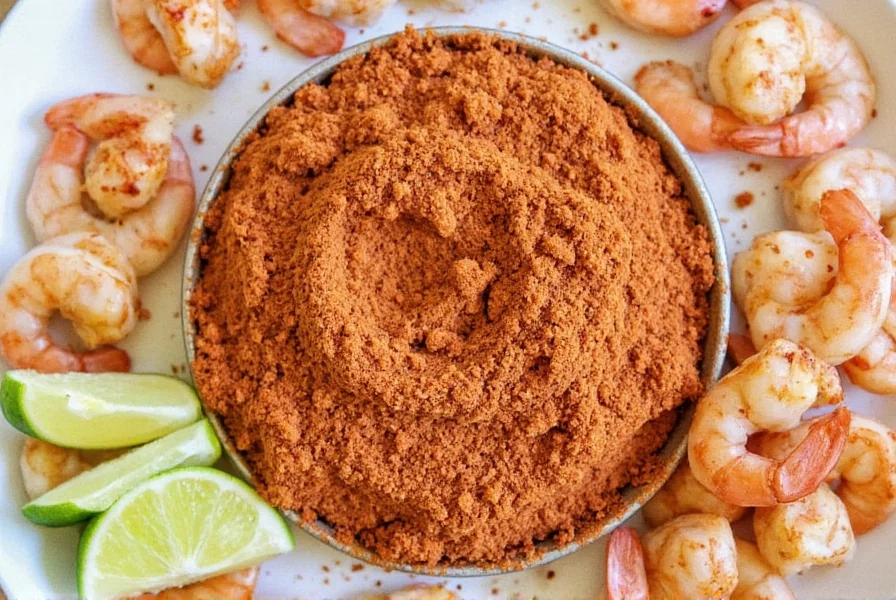
Another great tip is to keep a variety of spices on hand. Having a well-stocked spice rack means you can quickly adjust your flavors based on the type of meat or dish you're preparing. A little cumin here, a dash of cayenne there—your barbecue game is always on point.
If you’re feeling adventurous, try incorporating unexpected ingredients like coffee or chocolate into your rubs. They can add a unique depth of flavor that sets your barbecue apart.
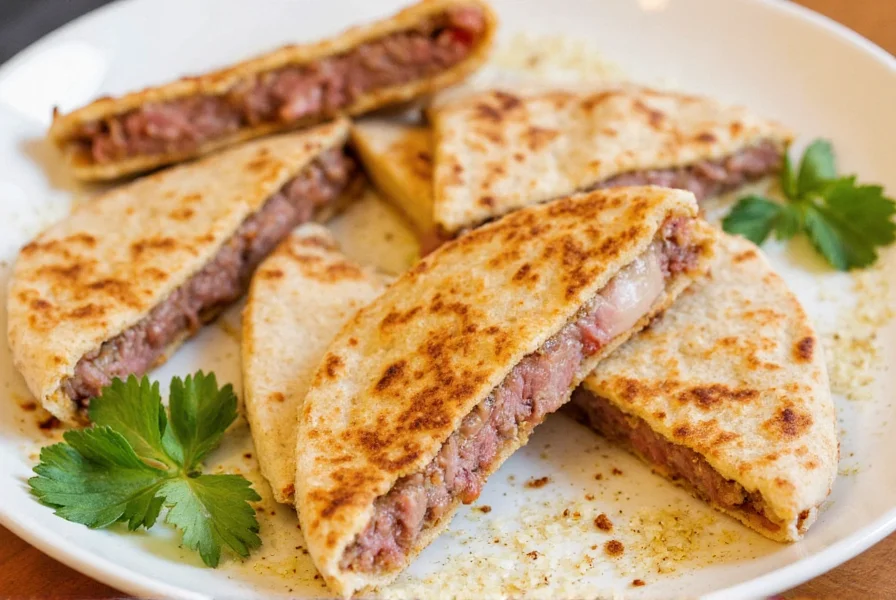
The Ultimate Buying Guide for Barbecue Spices
Choosing the right spices can be overwhelming, especially with so many options available. Here’s a detailed buying guide to help you find the best products for your needs:
| Product | Features | Advantages | Use Cases | Target Audience |
|---|---|---|---|---|
| Paprika | Available in sweet, smoked, and hot varieties | Adds color and mild to intense heat depending on the type | Perfect for chicken, pork, and vegetables | Beginners and casual cooks |
| Cumin | Earthy, warm, and slightly nutty | Enhances the flavor of grilled meats and beans | Great for Mexican-style barbecue and stews | Experienced cooks and flavor seekers |
| Smoked Paprika | Infused with a deep, smoky aroma | Brings a rich, complex flavor to grilled foods | Ideal for beef, ribs, and smoked sausages | Barbecue enthusiasts and grill masters |
| Cayenne Pepper | Hot and pungent | Provides a fiery kick to sauces and rubs | Perfect for spicy barbecue sauces and hot wings | Heat lovers and bold flavor fans |
| Garlic Powder | Concentrated garlic flavor without the mess | Boosts the depth and savoriness of any dish | Works well in dry rubs and marinades | All levels of cooks |
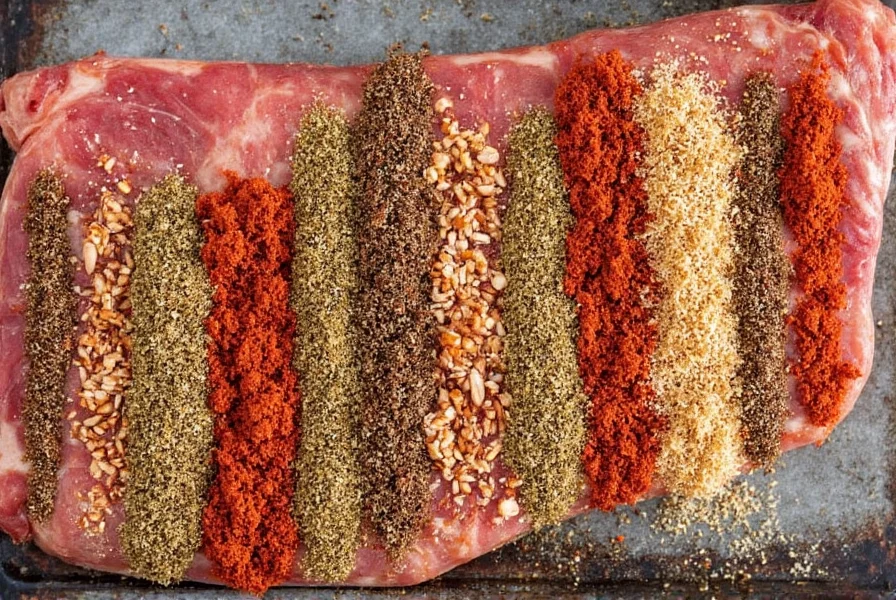
When shopping for spices, look for high-quality, fresh products. Avoid overly processed or cheap alternatives that may lack flavor. Also, consider purchasing in bulk if you cook frequently, as it can save money and ensure you always have what you need on hand.
For those who enjoy experimenting, try blending your own spice mixes. This allows you to customize the heat level, sweetness, and overall flavor profile. Some popular combinations include:
- Mexican Style: Cumin, garlic powder, onion powder, chili powder, and oregano
- Southern BBQ: Paprika, brown sugar, garlic powder, onion powder, and black pepper
- Caribbean Flair: Allspice, thyme, ginger, and scotch bonnet pepper
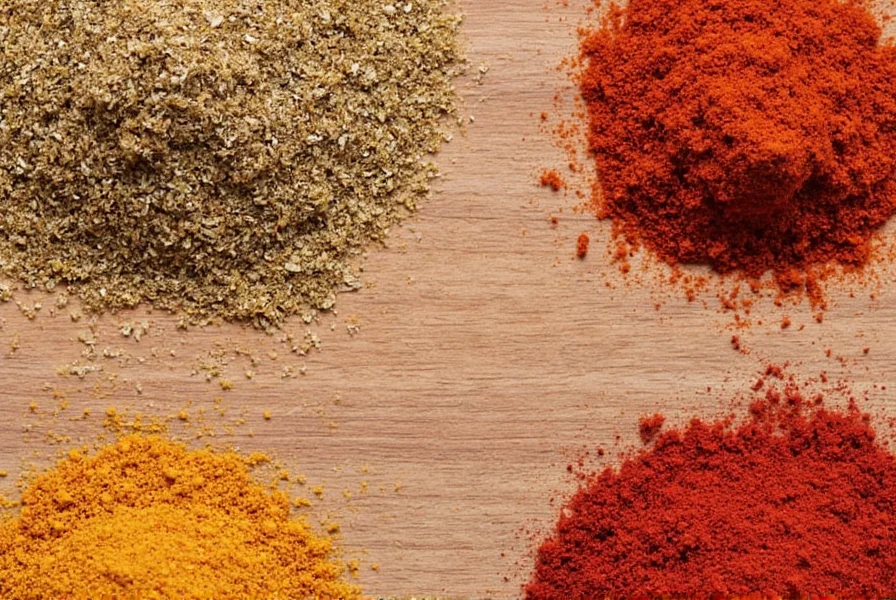
Conclusion
Barbecue is all about flavor, and spices are the secret ingredient that brings it all together. Whether you're using a simple dry rub or a complex homemade blend, the right spices can elevate your barbecue game and impress your guests. With this guide, you now have the knowledge and tools to experiment, create, and enjoy the world of barbecue spices like never before.
Remember, the best barbecues aren’t just about the meat—they’re about the experience, the stories, and the flavors that bring people together. So grab your grill, season with care, and let the smoky, sweet, and spicy magic begin.
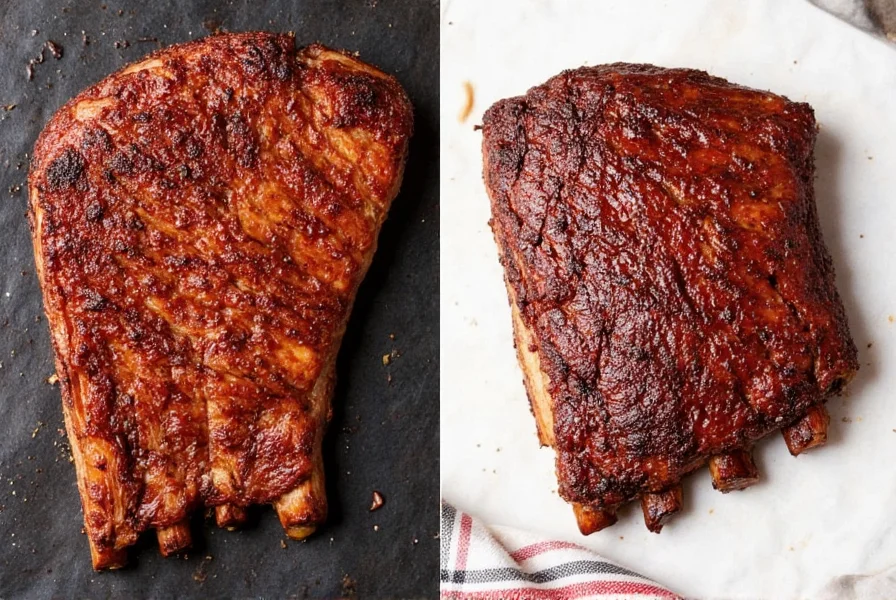

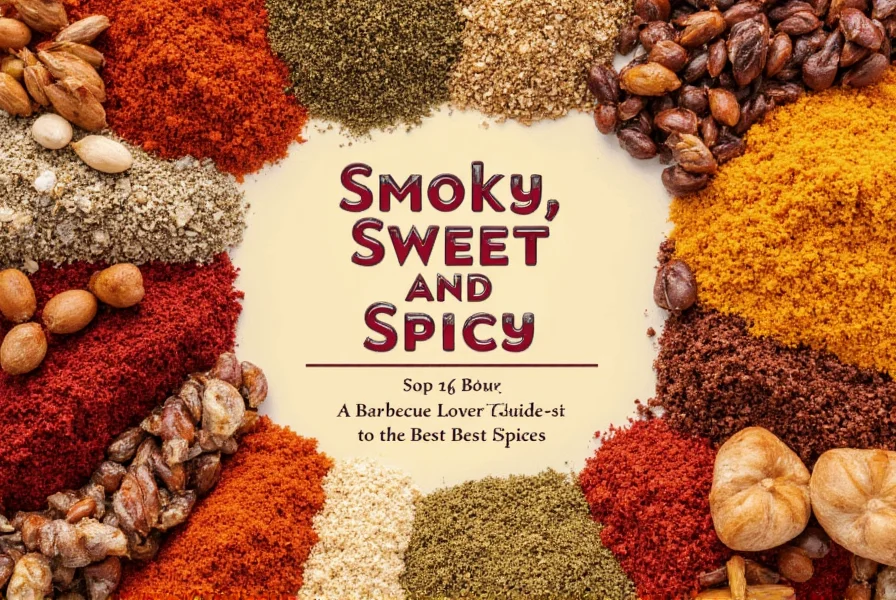









 浙公网安备
33010002000092号
浙公网安备
33010002000092号 浙B2-20120091-4
浙B2-20120091-4